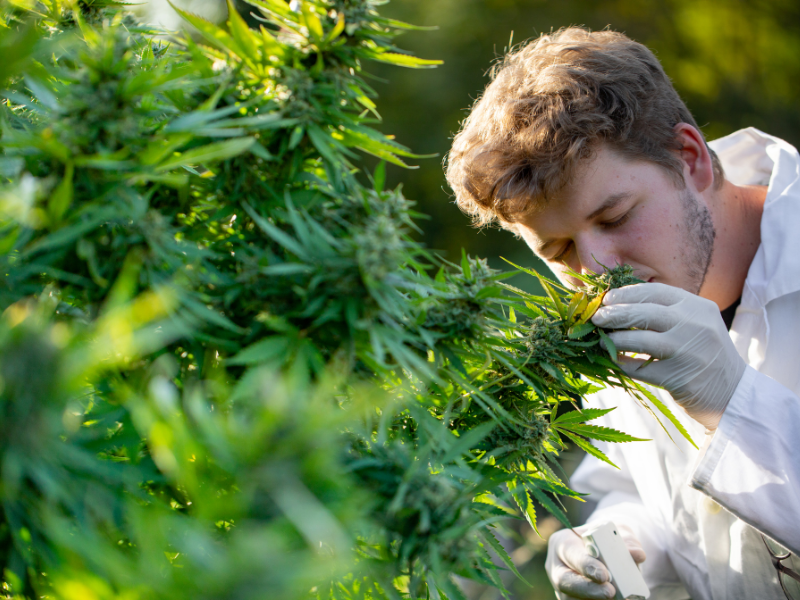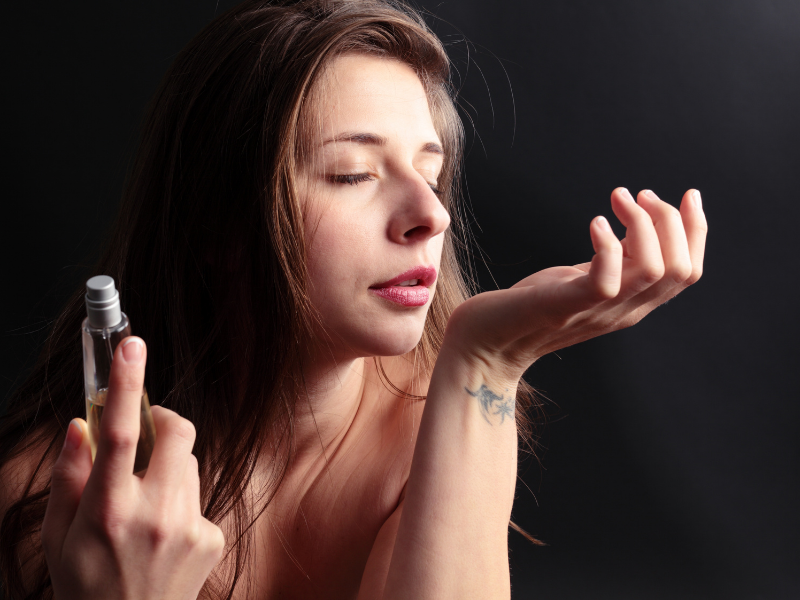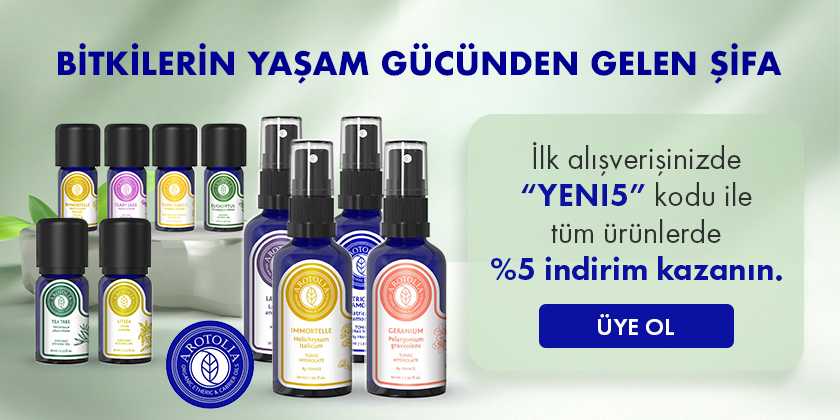
The Science of Smell: Aromachology
Aromatherapy is the use of essential oils obtained from aromatic plants for physical and psychological health.
is use. Aromatherapy works thanks to the sense of smell. Hence the "science of smell"
It is important for a better understanding of aromatherapy. Effects of odors on humans
The branch of science that studies it is called aromacology. The purpose of aromacology is the use of aromatic chemicals.
To determine whether inhalation affects mood, physiology, and behavior. Actually
Aromacology and aromatherapy are two intertwined systems.
Based on scientific findings that many plants have therapeutic properties,
confirmed. The healing effects of some plants are the drugs we use in our daily life.
even the raw material. For example, the use of "acetyl salicylic acid", the active component of aspirin,
It arose from the discovery that willow bark relieves pain, inflammation, and fever.
The most emphasized phenomenon in aromacology is the mood, behavior and physiology of odors.
how and why it produces effects on various aspects. These effects of odors
There are two main mechanisms that explain it: the pharmacological hypothesis and the psychological hypothesis.
The pharmacological hypothesis is that the effects caused by odor are due to the nervous system or the endocrine system.
It says that it is caused by its interaction with (hormones). Pharmacological action of a volatile compound
enter the bloodstream through the nasal or lung mucosa, or
must spread directly to the limbic system of the brain. The level of components taken in these ways,
blood, although lower than with typical pharmacology methods such as ingestion or injection.
It has been observed that they are included in the circulation and have an effect. The duration of this effect is on average twenty
set in minutes. During this period, the circulation of chemically active substances through the blood and
then the time it takes to cross the blood-brain barrier. Session with aromatic ingredients
That's a pretty fast response time considering what's been done.
The puzzling part of the pharmacological hypothesis is that they smell the same but are chemically different.
whether the molecules will produce the same effect. However, in some studies the same
The important thing is that many different variants of fragrances are used and produce similar results.
It shows that it is not the chemical structure of the molecule, but the psychological perception of the smell. Beyond
On the other hand, there is a molecular order that contradicts this situation: chirality! Chirality, mirror of a molecule
Indicates that images exist.
One of the chiral molecules is expressed as (+) and the other (-). The different orientations of these chiral molecules,
as it means they will bind differently to the receptors of the system they will be involved in.
will affect the results. The olfactory receptors are particularly susceptible to interactions suitable for molecular shape.
Therefore, the chiral forms of odor molecules smell different from each other. for example
The (-) form of the kavron molecule smells like cumin, while the (+) form smells like mint.
The psychological hypothesis, on the other hand, does not contain such a contradiction. The effects of odors are emotional.
It says that it manifests itself through learning, conscious perception, and belief or expectation. basically
associates responses to odors with emotional experiences. Much support for this hypothesis
There are many scientific studies available. Studies show that pleasant and unpleasant odors
Emotions have also been shown to influence the physiological relationships of emotion, as expected.
Smells are relatable and emotionally evocative, the nervous system of the limbic system
consistent with its anatomy. The olfactory nerves are directly linked to emotional memory. A
The conditioning of certain cues to emotion occurs through the amygdala. olfaction
process is at the borders of the orbitofrontal cortex of the brain, and this region and the amygdala are the excitatory processes.
It has been shown to play an important role in learning relationships.
Numerous studies have revealed that mood has a strong influence on behavior.
puts. Generally associated with positive mood, productivity, and a disposition to help others.
When connected, negative mood reduces prosocial behavior. For example, in 1997 Baron
A researcher named after him discovered pleasant ambient smells (baking cookies,
coffee roasting) were more likely than those not exposed to olfactory manipulation.
showed that they are very inclined to help a stranger. The same researcher
participants who work in the presence of a pleasant ambient smell work more efficiently and
He also observed that they set high goals. In 1983, Rotton declared that the presence of bad odor
found that participants lowered their tolerance for frustration.
Personal liking or disliking of a scent, with a change in mood
directly related. In one study, participants chose themselves as pleasant.
smells can improve mood, reduce anxiety and pain,
They found that odor worsened mood and emotional effects. another work,
a later emotionally consistent expression of an odor associated with a particular emotional state.
it showed directly how it could affect behavior in a way that For example, an annoying
Both children and adults who are exposed to a new scent while dealing with the experience
then less likely to complete an unrelated task when they are re-exposure to that odor.
They showed motivation.
The science of smell is primarily associated with an emotion, namely associative learning.
emotional, behavioral, and physiological responses that are equivalent to the responses produced by sensed odors.
He says it will elicit reactions. Considering its pharmacological effects, which
It is very important that we are exposed to odor. Our conscious scent preferences are unaware of our soul.
It affects our mood and physiology. Would you inject a random substance into yourself? Request
we almost inject ourselves with the smells we are exposed to around us. Soul
It will be good for you, will improve some of your symptoms, and most importantly, smell the scents that "you" like.
by starting to place the injector in the rooms you are in, with the most subjective and strong smells.
You can fill it!
SOURCE
Aromatherapy Facts and Fictions: A Scientific Analysis of Olfactory Effects on Mood,
Physiology and Behavior, International Journal of Neuroscience



